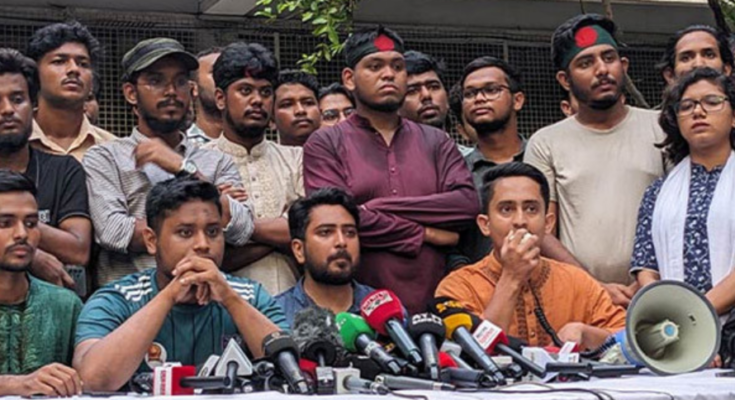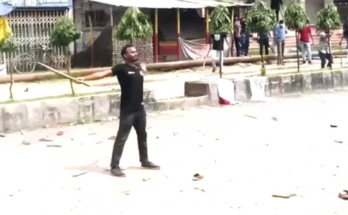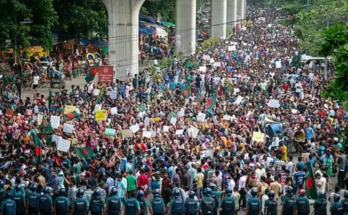Introduction
The anti-discrimination student movement in Bangladesh has announced a series of urgent instructions to the public to ensure the success of their non-cooperation movement. Asif Mahmud, one of the movement’s coordinators, revealed these 15 directives on Saturday, July 3. This blog post outlines these instructions and discusses their implications for the country.
The 15 Urgent Instructions
- Do Not Pay Taxes:
- Citizens are instructed not to pay any form of taxes or levies.
- Halt Utility Bill Payments:
- Refrain from paying electricity, gas, water, and other utility bills.
- Closure of Institutions:
- All government and private offices, courts, and factories should remain closed. Employees are advised not to go to work but still collect their salaries at the end of the month.
- Educational Shutdown:
- All educational institutions will be closed.
- Stop Remittances:
- Expatriates are advised not to send any remittances through banking channels.
- Boycott Government Events:
- Avoid all government meetings, seminars, and events.
- Port Workers’ Strike:
- Port workers should not report to work or unload any goods.
- Factory Workers’ Strike:
- No factories, including garment factories, should operate. Workers should stay home.
- Public Transport Halt:
- All public transportation services will be stopped, and workers should not report to work.
- Limited Banking Hours:
- Banks will be open every Sunday for essential personal transactions.
- Police Duty Restrictions:
- Police should only perform routine duties and avoid protocol, riot, and protest duties. Regular duties will continue at police stations.
- Halt Offshore Transactions:
- All offshore transactions must be stopped to prevent capital flight.
- Military Restrictions:
- All military personnel, except for the Border Guard Bangladesh (BGB) and the Navy, should remain within their cantonments. The BGB and Navy will stay in barracks and coastal areas.
- Bureaucratic Strike:
- Bureaucrats and officials, including DCs and Upazila officers, should not go to their offices.
- Closure of Luxury Goods Stores:
- Shops, showrooms, malls, hotels, motels, and restaurants selling luxury goods will remain closed.
Essential Services to Remain Open
Despite the wide-scale shutdown, certain essential services will remain operational:
- Hospitals, pharmacies, and emergency transport services (such as ambulances and fire services).
- Media, essential goods transport, emergency internet services, and relief services.
- Shops selling essential goods will be open from 11 AM to 1 PM.
Implications of the Non-Cooperation Movement
Economic Impact: The instructions to halt all economic activities, including tax payments and utility bill settlements, will likely have a significant impact on the country’s economy. The stoppage of remittances from expatriates can further strain financial stability.
Public Services: With essential services remaining operational, the movement ensures that basic needs and emergency services are met while emphasizing the disruption in routine governmental and commercial activities.
Government Response: The government may respond with further measures to maintain control and counteract the movement’s directives. The call for non-cooperation represents a critical challenge to governmental authority.
Conclusion
The anti-discrimination student movement’s call for a non-cooperation movement in Bangladesh marks a significant escalation in their protests. By outlining these 15 urgent instructions, they aim to disrupt normalcy and press for their demands. As the country braces for these developments, the outcomes will depend on the public’s response and the government’s actions.





